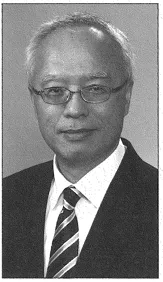Sheng-Kwei "Victor" Song, PhD
Sheng-Kwei "Victor" Song, Ph.D., professor of radiology, is honored as a distinguished investigator for his innovative contributions focused on novel techniques to image the central nervous system (CNS).

Song recently developed two innovative diffusions MRI technologies - diffusion functional magnetic resonance imaging (diffusion
£MRI) and diffusion_basis spectrum imaging (DBSI) - both of which noninvasively visualize the functional activation of nerves and the damage resulting from various diseases and injury. He has extended the use of DBSI to detect and distinguish inflammation versus solid tumors in the brain and prostate. This work is now poised to improve clinical diagnosis for neurological disorders and various cancers. He is now translating the use of DBSI to image patients with multiple sclerosis, spinal cord injury, cervical spondy lotic myelopathy, HIV, Alzheimer's disease and glaucoma.
In 2016, Song was named a Distinguished Investigator of the Academy of Radiology Research. He also is a strong mentor to students, junior faculty, and staff scientists. Song earned his doctoral degree in chemistry from Washington University in 1990. After serving as a research associate and senior scientist/operations director for the Biomedical MR Laboratory, he joined the Washington University faculty at Mallinckrodt Institute of Radiology in 2000.



